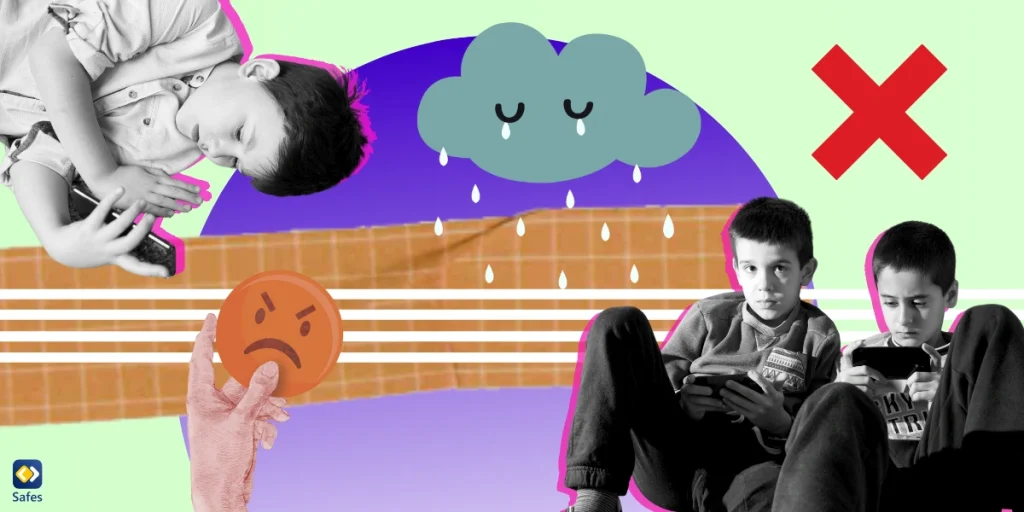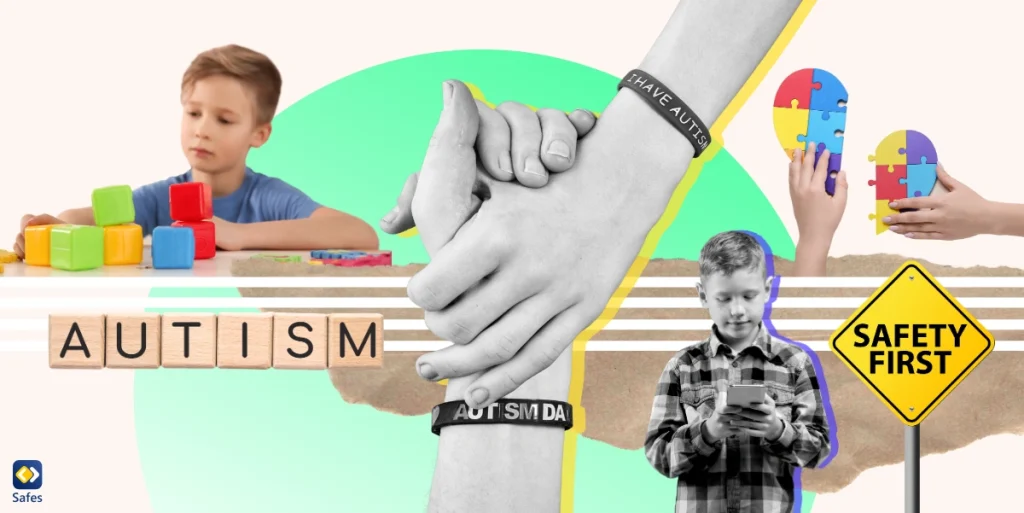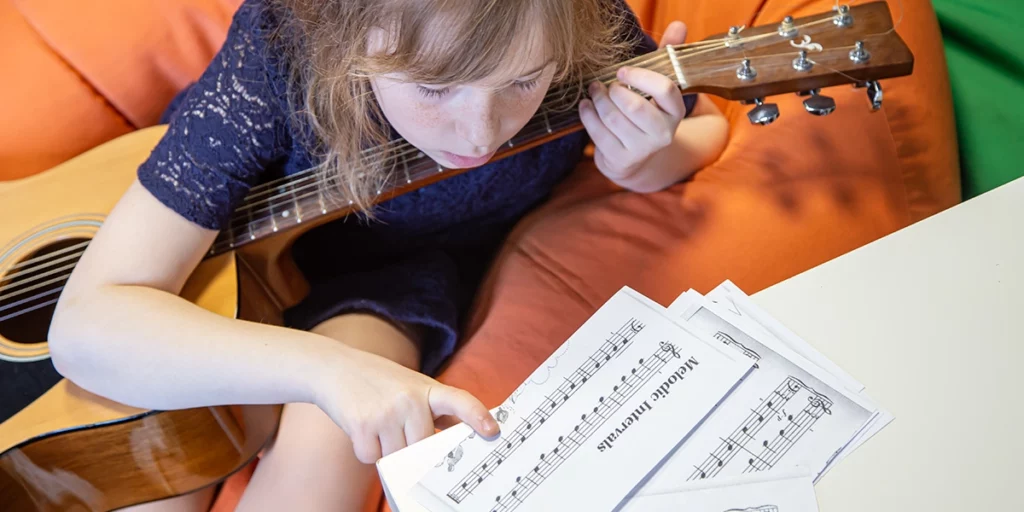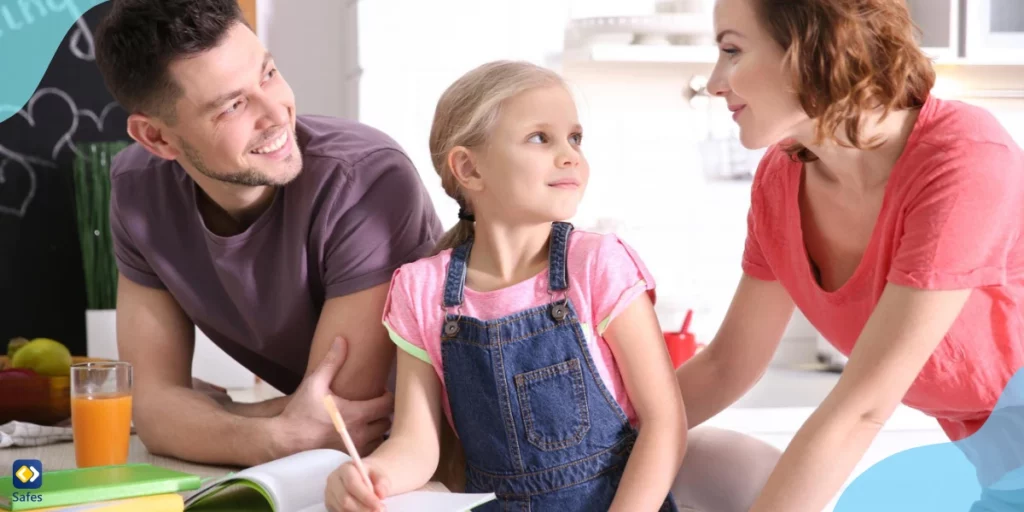The absence of nature in our routines isn’t just a missed opportunity for adventure; it’s a gap in our children’s development and well-being. This disconnect from the natural world can have profound implications, shaping their experiences and perspectives in ways we’re only beginning to understand. This phenomenon is called Nature Deficit Disorder, and it’s becoming more and more common among kids around the globe. NDD isn’t a disease you can catch like a cold, but it’s a term used to describe the lack of connection with the natural world.
Nature deficit disorder in children is characterized by various symptoms including restlessness, not staying focused, moodiness, obesity, poor sleep, and lack of interest in nature. Reconnecting children with nature through different activities is recommended to control and cure this disorder. However, as a parent, you need to learn how to enhance healthy habits and normalize outdoor activities that are appealing to children. This is what this blog is all about! Here, we’ll explore the symptoms of NDD you should watch out for in your kids. Additionally, we’ll discuss the best ways to cure and prevent nature deficit disorder.
What Is Nature Deficit Disorder?
Nature deficit disorder is a term addressing the lack of connection to nature and its negative effects. When kids don’t spend enough time outdoors and exploring nature, they’re likely to show the symptoms of this disorder. Being away from natural environments can cause physical and mental health problems. Adults, too, can suffer from a lack of connection with the natural world, leading to various health issues. Therefore, while it’s often highlighted in discussions about children’s health, nature deficit disorder can affect individuals of all ages.
What Are Nature Deficit Disorder Symptoms in Kids?
When kids don’t spend enough time in nature, they may start to show some specific symptoms that vary from child to child. Here are some common symptoms of nature deficit disorder to look out for:
- Restlessness: Your child may seem to have unlimited energy but no way to release it appropriately.
- Difficulty Concentrating: Kids with such disorder might have trouble focusing on tasks, like homework or chores, getting easily distracted.
- Moodiness: Have you noticed your child feeling irritable or bad-tempered for no apparent reason? This could indicate that they’re not getting enough outdoor time.
- Obesity: If your child is gaining weight, it may result from the lack of physical activity, a common symptom of nature deficit disorder.
- Poor Sleep: In case your kid has trouble falling asleep or wakes up frequently, they possibly need more time outdoors to regulate their sleep cycle.
- Lack of Interest in Nature: Your kid might prefer to stay inside and play video games or watch TV rather than explore nature. This is perhaps the most obvious symptom of nature deficit disorder.

What Is The Role of Outdoor Activities in Children’s Health?
As mentioned earlier, this type of disorder isn’t just about missing out on fun outdoor activities. It can also affect how kids learn and behave. One study about Children and Nature-Deficit Disorder by Martha Driessnack reveals the positive effects of being connected to nature and having more “green time” in children. According to this study, the more children engage in outdoor activities,
- The more they gain cognitive abilities
- The more creative they become
- The better they get at solving problems
- The more concentrated and focused they will be in the future
Most importantly, spending time in natural environments can reduce the symptoms of attention retention theory (ART) and attention deficiency/hyperactivity disorder (ADHD).
What Is The Best Solution for Nature Deficit Disorder?
If you suspect that your child is experiencing nature deficit disorder, the best solution is to reconnect them with nature. However, you will need some clever ways and tricks to make them gain healthy habits and engage in nature-centered activities.
Outdoor Playtime
There are countless fun outdoor activities that your child can enjoy. Try encouraging them to learn these activities and spend more time playing outdoors. Normalize exploring a nearby park, going for a hike, or simply playing in the backyard as a daily activity. Spending time in nature is essential for their physical and mental health, enhancing mindfulness in children and concentration abilities.
Family Nature Walks
Make nature outings a regular family activity. This is especially helpful, as all family members are involved and can be a good role model for your child. Take them on nature walks, bike rides, or picnics in natural settings. Apart from connecting with the natural world, spending time together in nature can strengthen family bonds, as well.
Limit Screen Time
Studies have found a relationship between increased screen time and ADHD, NDD, and other health issues resulting from being away from nature. It’s easy to get tempted to stay indoors and play video games, rather than going out. Therefore, you need to set limits on your child’s screen time. Reading their favorite books, playing board games, or engaging in creative arts and crafts are good examples of alternative activities.
We have the best way to limit screen time for your children. Our parental control app, Safes, comes to the rescue! You may have tried Windows parental controls, but with Safes, you will have a whole other experience. You can easily manage and monitor your child’s screen time, ensuring they strike the right balance between digital and outdoor activities. But that’s not all! Safes offers comprehensive features such as website blocking and app usage monitoring to help you create a healthy digital environment for your family.
Ready to give it a try? Download Safes now for Android or iOS devices and take advantage of our free trial to experience the benefits firsthand! Keep your kids safe and engaged, both online and outdoors, with Safes.
Create a Nature-Friendly Environment
Bring the nature to your home! You can transform your backyard or balcony into a nature-friendly space by adding some outdoor features. Try putting bird feeders, butterfly gardens, a small vegetable patch, or anything that you find suitable for your space. This provides opportunities for your child to observe and interact with wildlife right at home.
Among all the activities mentioned above, it’s most crucial for you as a parent to be a positive role model. Prioritize time outdoors and express your own appreciation for nature. From going for a hike, gardening, or stargazing, show your child that spending time in nature is enjoyable and rewarding.
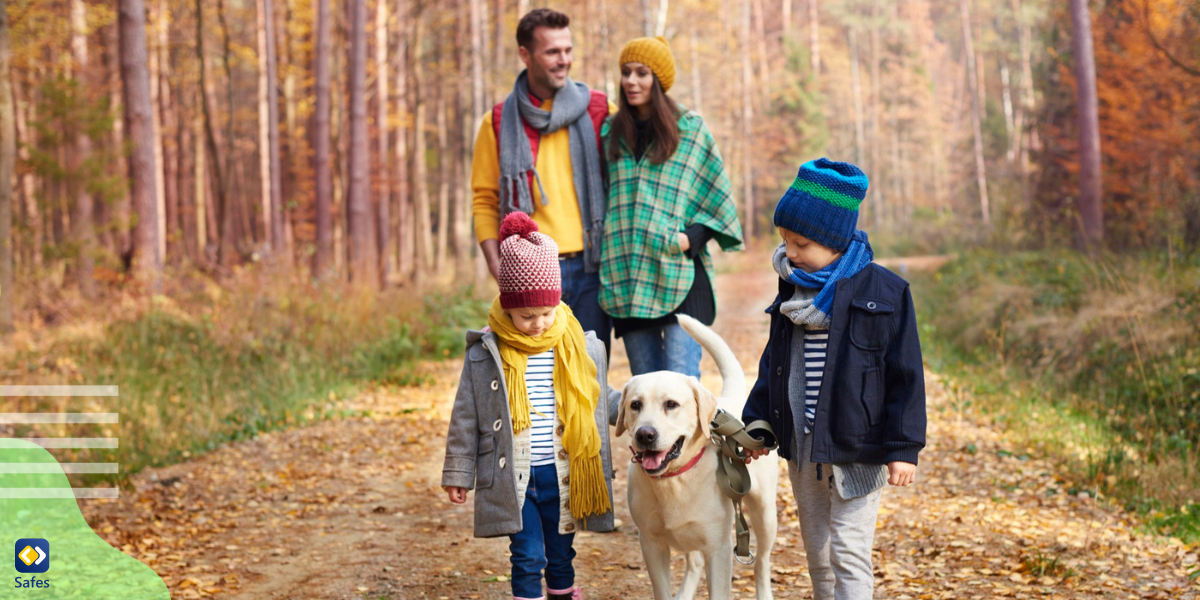
Final Word
Nature deficit disorder is a fancy way of saying that kids need nature, like food and water. It’s essential for their health, happiness, and development. So, parents need to make sure kids get plenty of time to explore the great outdoors. Using the tips and tricks we explained in the blog, you can make nature a priority in your child’s life, helping them combat nature deficit disorder.
